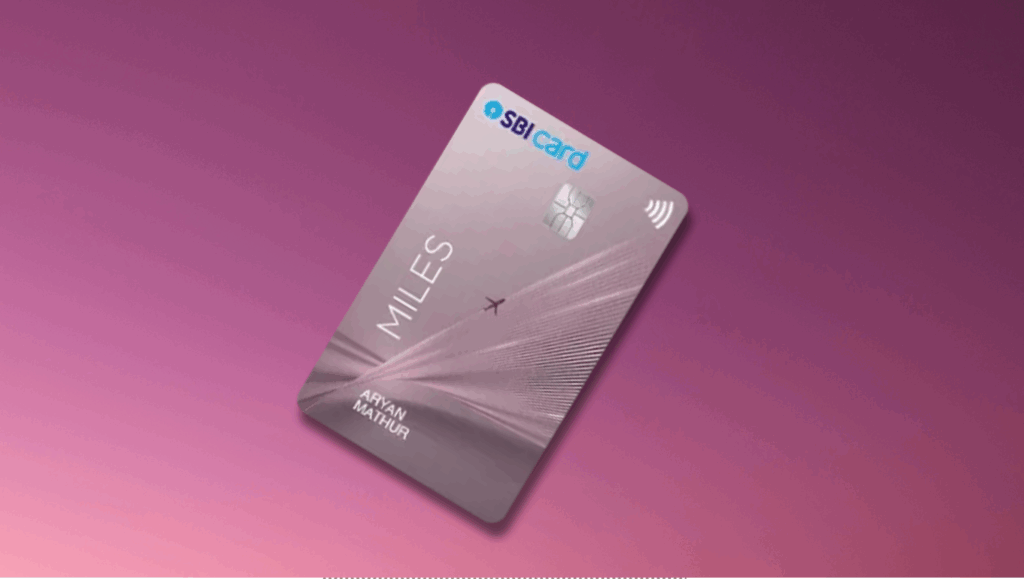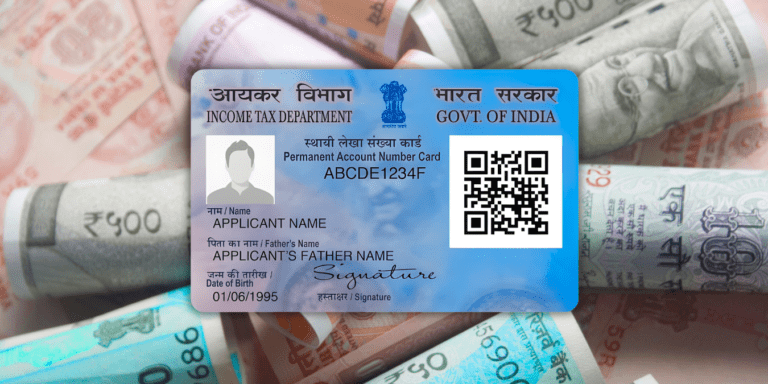
” Why filing an Income Tax Return (ITR) is beneficial, even if your income is below the taxable limit. Learn about tax refunds, financial stability, visa processing, and more. Stay compliant and unlock hidden advantages with this comprehensive guide to ITR filing for low-income earners.”
Understanding the importance of filing an Income Tax Return (ITR) is crucial, even if your income falls below the taxable limit. Many individuals believe that if their income is below the threshold set by the government, they are exempt from filing an ITR. However, this is a common misconception. Filing an ITR offers numerous benefits that extend beyond mere tax compliance. In this comprehensive guide, we will explore why filing an Income Tax Return is beneficial, even if your income is below the tax limit, and how it can positively impact your financial health.
Understanding the Basics: What is an Income Tax Return?
An Income Tax Return (ITR) is a form submitted to the tax authorities that declares your income, expenses, and other financial details for a specific financial year. It is a way for the government to assess your tax liability and ensure that you are paying the correct amount of tax. Even if your income is below the taxable limit, filing an ITR can serve as a declaration of your financial status.
The Taxable Income Threshold: When Are You Exempt?
Under the new tax regime introduced in the Union Budget 2025, the taxable income threshold has been significantly increased. Here are the key details:
Taxable Income Threshold
- Income up to ₹12 lakh: Individuals earning up to ₹12 lakh per year are now exempt from paying income tax. This is a substantial increase from the previous limit of ₹7 lakh.
- Standard Deduction: Salaried employees and pensioners can avail a standard deduction of ₹75,000, effectively raising the tax-free income ceiling to ₹12.75 lakh.
Revised Income Tax Slabs for 2025-26
The new tax regime has also introduced revised income tax slabs:
- ₹0 – ₹4,00,000 : 0%
- ₹4,00,001 – ₹8,00,000 : 5%
- ₹8,00,001 – ₹12,00,000 : 10%
- ₹12,00,001 – ₹16,00,000 : 15%
- ₹16,00,001 – ₹20,00,000 : 20%
- ₹20,00,001 – ₹24,00,000 : 25%
- Above ₹24,00,000 : 30%
Rebate under New Tax Regime
- Income up to ₹12 lakh: Resident individuals with a total income of up to ₹12 lakh are exempt from paying any tax.
These changes aim to simplify tax compliance and provide significant relief to middle-class taxpayers, ensuring more disposable income and financial stability.
Why Filing an ITR is Beneficial, Even If Your Income is Below the Tax Limit
1. Proof of Income and Financial Stability
Filing an ITR serves as an official proof of income. This document is often required when applying for loans, credit cards, or visas. Banks and financial institutions consider your ITR as a reliable source of information about your financial stability. Even if your income is below the taxable limit, having an ITR can make it easier to secure loans or credit.
2. Claiming Tax Refunds
If you have paid taxes through Tax Deducted at Source (TDS) or advance tax, filing an ITR is essential to claim a refund. Many individuals have TDS deducted from their income, even if their total income is below the taxable limit. By filing an ITR, you can claim a refund of the excess tax paid.
3. Carry Forward of Losses
If you have incurred losses in a financial year, filing an ITR allows you to carry forward these losses to subsequent years. This can be particularly beneficial for individuals with business income or capital gains. By carrying forward losses, you can offset them against future profits, thereby reducing your tax liability in the coming years.
4. Visa Processing and Immigration
Many countries require proof of income when processing visa applications. An ITR is often considered a valid document for this purpose. Even if your income is below the taxable limit, filing an ITR can facilitate smoother visa processing and increase your chances of approval.
5. Avoiding Penalties and Legal Issues
While filing an ITR is not mandatory if your income is below the taxable limit, there are certain situations where it becomes compulsory. For instance, if you have deposited more than ₹1 crore in a bank account or incurred more than ₹2 lakh in electricity expenses, you are required to file an ITR, regardless of your income. Failing to do so can result in penalties and legal issues.
6. Building a Financial History
Filing an ITR regularly helps in building a financial history. This can be beneficial when applying for loans, credit cards, or even renting a property. A consistent record of filing ITRs reflects financial responsibility and can improve your creditworthiness.
7. Government Schemes and Subsidies
Some government schemes and subsidies require individuals to file an ITR as a prerequisite. For example, if you are applying for a subsidy on a home loan or seeking benefits under a government welfare scheme, an ITR may be required to prove your eligibility.
8. Avoiding Notices from the Tax Department
Filing an ITR, even if your income is below the taxable limit, can help you avoid unnecessary notices from the tax department. The tax authorities may issue notices if they find discrepancies in your financial transactions. By filing an ITR, you can provide a clear picture of your income and avoid such situations.
How to File an ITR When Your Income is Below the Taxable Limit
Filing an ITR is a straightforward process, especially if your income is below the taxable limit. Here’s a step-by-step guide:
1. Gather Necessary Documents
Before filing your ITR, ensure that you have all the necessary documents, such as Form 16 (if applicable), bank statements, and details of any other income sources.
2. Choose the Correct ITR Form
For individuals with income below the taxable limit, ITR-1 (Sahaj) is usually the appropriate form. This form is designed for individuals with income from salaries, one house property, and other sources (excluding lottery winnings and horse racing income).
3. Register on the Income Tax Portal
If you haven’t already, register on the Income Tax Department’s e-filing portal (https://www.incometax.gov.in/). You will need your Permanent Account Number (PAN) to register.
4. Fill in the Required Details
Once registered, log in to the portal and select the appropriate ITR form. Fill in the required details, including your personal information, income details, and bank account information for refunds.
5. Verify and Submit
After filling in the details, verify the information and submit the ITR. You can verify your ITR using an Aadhaar OTP, net banking, or by sending a signed physical copy of the ITR-V to the Centralized Processing Center (CPC).
6. Acknowledgment
Once your ITR is successfully filed, you will receive an acknowledgment. Keep this acknowledgment for future reference.
Common Misconceptions About Filing ITR
1. “I Don’t Need to File an ITR If My Income is Below the Taxable Limit.”
As discussed earlier, this is a common misconception. Filing an ITR offers several benefits, even if your income is below the taxable limit.
2. “Filing an ITR is Complicated and Time-Consuming.”
With the advent of online filing portals and simplified ITR forms, filing an ITR has become a hassle-free process. It can be completed in a few simple steps.
3. “I Don’t Have Any Taxable Income, So I Don’t Need to File an ITR.”
Even if you don’t have any taxable income, filing an ITR can help you claim tax refunds, carry forward losses, and build a financial history.
Final Thought
Filing an Income Tax Return is a crucial financial activity that offers numerous benefits, even if your income is below the taxable limit. From serving as proof of income to facilitating visa processing and claiming tax refunds, the advantages of filing an ITR are manifold. Moreover, with the simplified online filing process, it has become easier than ever to comply with tax regulations.
By understanding the importance of filing an ITR and taking the necessary steps to do so, you can ensure financial stability, avoid legal issues, and make the most of the benefits offered by the government. So, even if your income is below the taxable limit, consider filing an ITR and take a proactive step towards securing your financial future.
-

IBM is the Latest AI Casualty: Shares Tank 13% on Anthropic’s COBOL Modernization Threat
-

Gold & Silver Rate Today 24 February 2026
-

Indian Stock Market Trends: Sensex Hits 83,294 Amid Global Cues – What’s Next for Investors on Feb 24, 2026?
-

Indian Stock Market Trends: Your Definitive Monday Market Briefing for 23 February 2026 — Sensex, Nifty, Bank Nifty, Top Picks & Sector Outlook





























